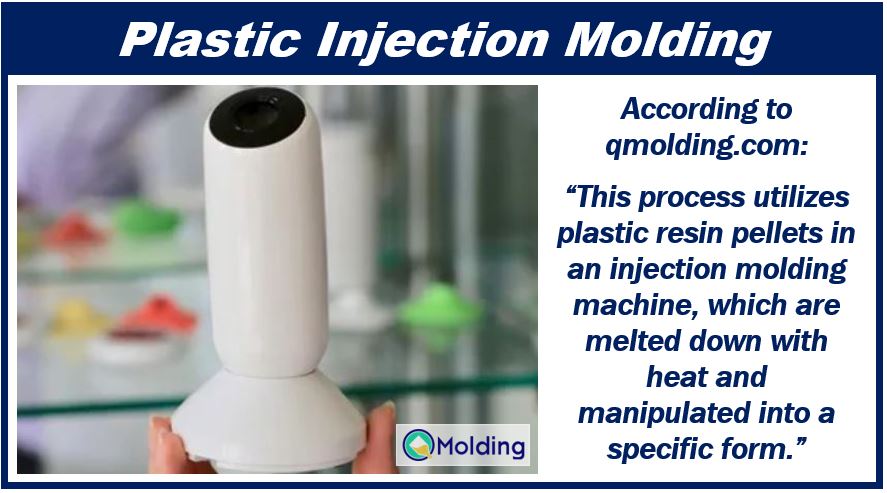There are a lot of industries out there doing plastic injection molding only because the initial costs are high and the production costs are low, which means high profits. But the truth is that only a few companies, like qmolding, provide the plastic injection molding services that meet the specific requirements of certain industries.

The plastic injections that are molded to be of adjacent-tolerance are ideal for industries that are aiming to produce quality parts in bulk, i.e. in very large quantities..
They are, to date, the most adaptable techniques in the world of plastic molding. The presses in this process exist in a number of different sizes, tonnages, and even in the amount of pressure that is brought to bear.
The bigger machines can be used to produce car parts, while the smaller ones are precise enough for the needs of the medical devices sector; especially surgical instruments. There are many more types. Their most valued feature is a level of flexibility which allows designers and engineers to experiment with virtually no bounds.
Their low cost has also been one of the reasons they have been so popular among manufacturers.
Here are some examples of industries that have benefited significantly from plastic injection molding:
-
The beverage and food industry
The most essential goal of this industry is to supply humans with products that are safe and healthy to consume. Participants in the manufacturing and supply chain have to comply with a set of rules and regulations imposed by the FDA (Food and Drug Administration).
Plastic injection services are mostly used in the packaging part of both industries. The parts which are manufactured using this component are over caps for drinks (beverage industry), processing components (tins which are used in both food and beverage industry), filtering components (beverage industry), and many more.
It has been a staple in packaging which allows products to remain fresh all the way through the supply chain to the end consumer.
-
Medical and the pharma industry
Medical devices and medications need a level of quality control that does not exist in virtually any other industry. In many cases, human life depends on them. Hence, utmost importance is given to them during the production, manufacturing, and delivery process. There are high-quality checks on each stage of their creation, storage, and distribution.
Plastic injection molding is extremely popular in this sector because of its strength, flexibility, and resitance. It is perfect for use in the manufacture of medical devices and pharmaceutical products. Pharmaceutical products, in this context, means prescription and over-the-counter drugs.
Moreover, these plastic injections are so lightweight that they help reduce the amount of subsequent material waste. They can also be customized according to the requirements of consumers.
-
Home parts
Manufacturers of home parts use plastic injection molding extensively, especially those that make doors. This industry only entered the plastic injection scene about ten years ago. However, over the past decade, usage has increased dramatically.
The reason behind their extensive usage is their impressive longevity, low cost, and ease of customization. They are weather resistant, which in the world of doors and windows is a crucial feature. Unlike other materials, plastics are less likely to be eroded or have a rust problem.
Plastic injection products can be easily customised without significantly increasing production costs. They are also more reliable than their metal counterparts because of their significantly lower incidence or corrosion or erosion.
_________________________________________________________________
Interesting related article: “Estimating the cost of injection molding.”

